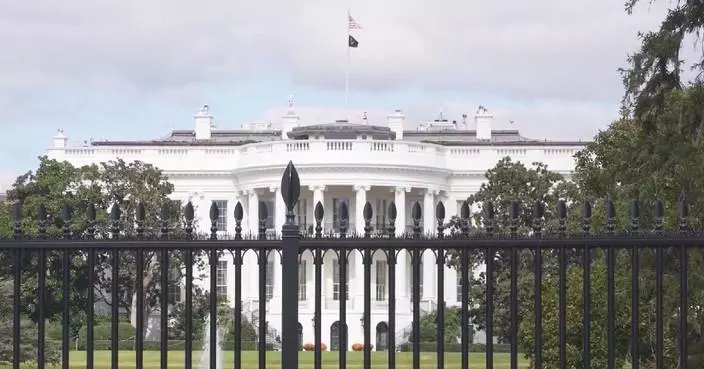Legal experts have consistently emphasized that in evaluating the merits of any issue, a balanced perspective free from preconceived biases is essential. However, in responding to the verdict of the online “Stand News” court case, the U.S. and U.K. governments, along with foreign media outlets such as The Wall Street Journal, have taken a one-sided position and bombarded Hong Kong severely. In a piece published on Thursday (5 September), former Director of Public Prosecutions (DPP) of Hong Kong, Ian Grenville Cross, sheds light on how the Western powers play double standards by strongly criticizing Hong Kong while ignoring what is happening in other countries. It’s all because of their political agenda, he says.

Cross delves into the historical and contemporary applications of sedition laws, highlighting the inconsistency displayed by the U.S. and the U.K. governments. Both did not hesitate to voice criticism on Hong Kong’s handling of the "Stand News" case, while remaining silent on the frequent use of similar laws in countries like India and Malaysia.

Using India as an example, Cross notes that since Prime Minister Narendra Modi assumed office, the number of sedition cases has surged by nearly 30%. Since 2014, Indian authorities have brought over 500 sedition cases to court, with 149 individuals charged for making remarks deemed disrespectful to Modi. Despite this apparent weaponization of sedition laws in India, the British government, European Union, and Western politicians have never said a word.
Cross further explains that India's sedition laws are a colonial legacy introduced by the British in 1870 to suppress dissent against the government, and these laws have survived India's independence and remained intact today.
Similarly, Cross points to Malaysia, where former Prime Minister Muhyiddin Yassin, now the opposition leader, was recently charged with incitement under sedition laws for his criticism of the former king. If convicted, Muhyiddin could face a three-year prison sentence. Yet, Western governments and media have largely downplayed this incident.
The sedition laws in Hong Kong also originate from the British. The British Hong Kong government enacted the Sedition Ordinance in 1938, criminalizing expressions of hatred toward the British monarchy. This law was later incorporated into Hong Kong’s Crimes Ordinance in 1971. Cross highlights the irony of former Hong Kong Governor Chris Patten’s criticism of Hong Kong’s recent sedition cases, noting that Patten never addressed the colonial roots of these laws during his tenure.
Sedition laws are not exclusive to its colonies, the U.K. also enforces stringent national security and public order regulations in their home land. For instance, under the National Security Act passed last year, a media organization will be found in violation of the law if information it disclosed deemed "materially helpful" to foreign intelligence agencies. Severe penalties will be imposed.
Moreover, a recent investigation by British online media uncovered the existence of a secretive entity known as the "Defence and Security Media Advisory Committee," composed of representatives from the government’s security and intelligence agencies, military, and some senior media figures. In the case that certain information is considered detrimental to UK’s national security, the Committee will issue a “D Notice” to the media and ask the media refrain from publishing the information. Although compliance with the "D Notices" is not legally obligatory, that media outlets would risk prosecution under the Official Secrets Act if they defy these notices.
These revelations show us that true face of the West. Despite the U.K. government's loud criticism of Hong Kong for allegedly suppressing press freedom, it exerts even greater control over its own media., albeit in a more covert manner.
Lai Ting Yiu
What Say You?
** The blog article is the sole responsibility of the author and does not represent the position of our company. **














































